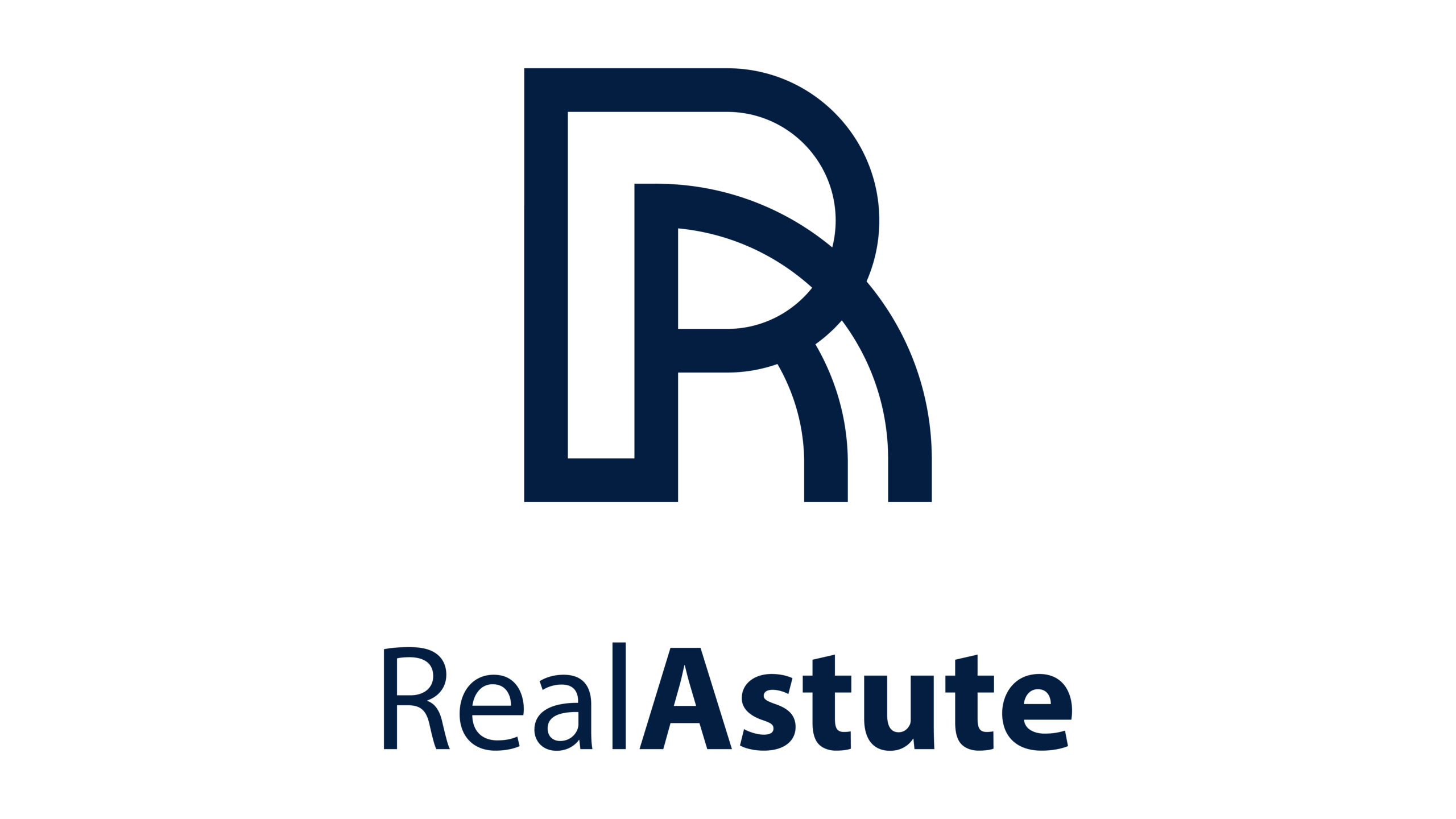4 First-Time Homeowner Repair Tips
Kevin Shirley, Associate Broker (DC), GRI, e-PRO, ASP
Homeowners often want to make adjustments to a home after a purchase. As a homeowner, it is your responsibility to seek out the best deals to complete your home renovation project.
When you decide to make repairs on your home as a first-time homeowner, you may need to research what is involved in the process. Many homeowners undertake small DIY projects. However, larger home renovation projects may require a qualified company’s assistance to meet local regulations.
Like most first-time homeowners, you probably don’t want to continue living in a home exactly as it was purchased. You want to add your own personal touch to your home. If you have just bought a new home and are considering making repairs, figuring out a plan is the first step.
Home renovation projects can be as simple as hiring a handyman. Other projects may require that you have obtained permits, insurance, and are working with licensed contractors.
Planning
As you get ready to take on your home repair project, it is a good idea to start with a plan. A comprehensive plan for completing your renovation should include the following:
- determining your plans for your home
- developing a budget
- searching and interviewing home contractors
- obtaining permits
- vetting and hiring a home contractor
By mapping out each step of the process, you can ensure that all of the necessary steps have been taken to guarantee your project’s success. It is an excellent idea to do plenty of research as you approach each stage to have a thorough understanding of what you will be getting into.
Regarding a budget, homeowners should make sure that they have incorporated the cost of the current project and maintenance costs for the year. Dennis G. Stearns, a financial planner in Greensboro, N.C., “estimates that owners of a newer home that do some work for themselves but contract major work out to others will pay 3.6 percent of the original purchase price annually for maintenance and 4.5 percent if it’s an older home.” according to an article by Ron Lieber of The New York Times.
Hiring a Contractor
If you plan on a significant renovation of your home, you may need to obtain permits to do the work. Otherwise, you may face hefty fines if you don’t obtain the proper permits before starting work. Many home improvement projects require that you obtain permission from the city or county. The work must meet code requirements and must also be done by a licensed professional. By contacting local, licensed home contractors, you can find out whether your job requires a permit.
You should also ensure that you get proof of the contractor’s license and check if the contractor has sufficient liability insurance to cover any issues. In many cases, you could potentially be held liable for damages if something goes wrong or the contractor gets hurt on your property.
“Having a license and insurance demonstrates a contractor’s credibility and knowledge,” says Bob Peterson, CGR, CAPS, CGP, co-owner of Associates in Building & Design Ltd., in Fort Collins, Colo., and chairman of the NAHB Remodelers Council. “The license shows that contractors have taken an exam and proved they know building codes and processes. A license minimizes the risk to homeowners of getting ripped off,” he says.
Asking for several estimates before deciding on a single home contractor can give you a better idea of the cost range for a project of your size. You should also ask for multiple estimates to compare the services offered by each home contractor to see which company can provide the most value.
Tackling DIY Projects
DIY projects are popular with first-time homeowners. However, there is a risk that you can end up taking on more than you can handle. Make sure that you have done the research before getting started to have a good understanding of the total cost to complete the project, the required materials, and how long it will take to complete the job.
You should also make sure that you actually have the skills to get the job done because some jobs may require you to hire a contractor. Don’t be tempted to take shortcuts or skip out on obtaining permits if needed. If you are unsure if your project is actually a DIY project, calling a few local home contractors can help clarify things.
Prioritizing
While it may be your goal to dive in and do everything at once, it is vital to prioritize the most important projects to complete first. The most important projects that should be done on your home are the ones that are likely to incur additional costs if they are not taking care of immediately. These projects can include:
- updating old appliances
- fixing cracks, leaks, and other damage
- electrical and plumbing repairs
By prioritizing your projects, you can come up with a solution that works within your budget. You also want to make sure that you don’t forget about scheduling routine maintenance when making repairs on your home.
As a first-time homeowner, it may be challenging to determine the right course of action to initiate a home repair job. However, if you plan in advance and make sure that you do the research to understand what is required before you get started, you can avoid unnecessary headaches.
It is also crucial that you ask family and friends for recommendations. Finding a contractor via a referral can help to ensure that you pick the right person for the job the first time.











